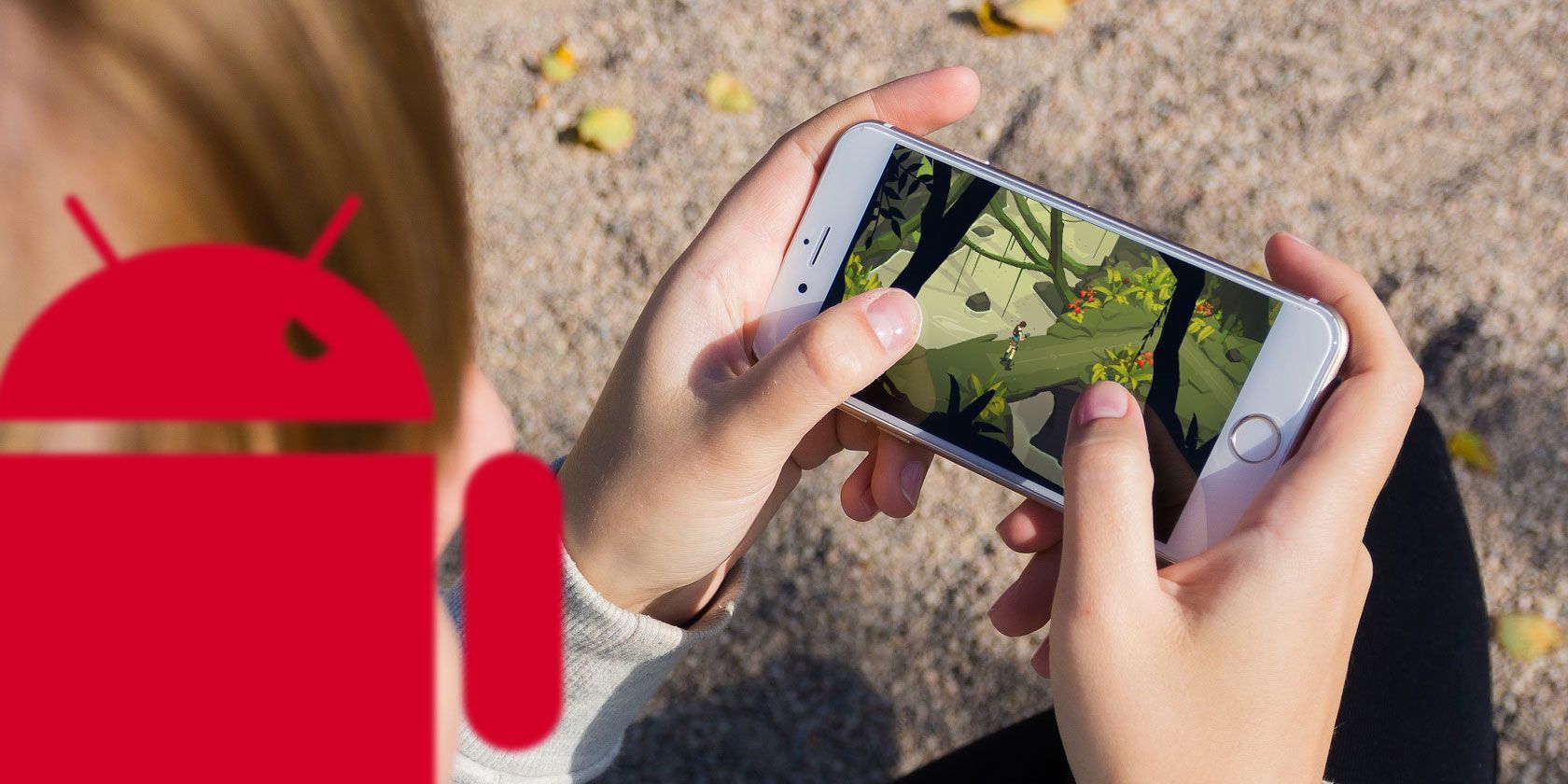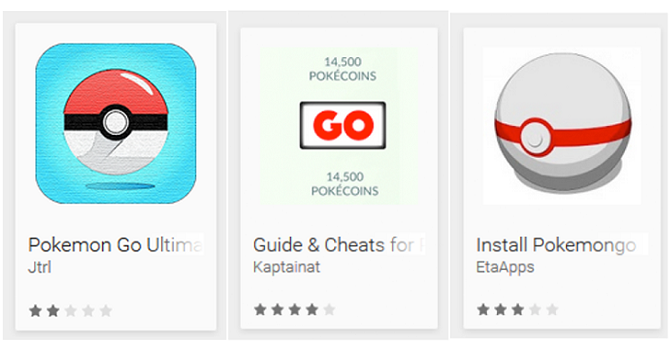Which is better: iOS or Android? It's an age-old question that, if rationality prevails, doesn't really have a correct answer.
Much of the debate comes down to what you use the device for. Enjoy customization and installing third-party ROMs? Android is the clear winner. Want a seamless experience between mobile and desktop? Stick to Apple's iOS.
But which operating system is best for mobile gaming? The industry is huge, especially among casual gamers. Estimates suggest almost one billion people played a game on their smartphone at least once in 2016.
If you're one of those billion people, in my opinion, you should be using an Apple device.
1. The "iOS First" Approach
Game developers often release their games in the Apple App Store before they become available on Android. Super Mario Run is one such example, as are Alto's Adventure, The Room 3, Prune, and many more.
And it's not just mainstream titles -- lots of indie and hobbyist developers take the same approach. Indeed, our very own Azamat Bohed -- the man responsible for all those wonderful feature images you see at the top of each article -- recently released his first game, titled Space ShootR, on iOS rather than Android.
What causes developers to release on iOS before Android? In many cases, it boils down to money. Evidence shows iOS users spend considerably more money than Android users on apps. Some figures say as much as 33 percent more. This higher spending has allowed Apple to pay out in excess of $25 billion to iOS developers since 2008.
As an Android user, it means you might be hanging around for a long time waiting for a game from your favorite developer to become available. Sometimes you could wait for 12 months or more.
2. Development Is Easier on iOS
How many iOS devices is Apple actively supporting at any given time? Probably no more than five or six. Now consider how many Android devices are in circulation. In 2015, Google said there were more than 18,000 competing Android devices available around the world.
Every single one of the 18,000 Android devices has different hardware, various screen sizes, and different button combinations. Worst of all, the nature of Android means the underlying operating systems sometimes vary. For an example, you need to look no further than the wildly different user experience between a Samsung device and a Nexus device.
Of course, developers aren't going to test their games on all 18,000 devices. However, they certainly have to test them on the top three or four phones and tablets from each of the leading manufacturers -- the total number can quickly get into the hundreds.
Ultimately, it's a process that's both time-intensive and fraught with possible complications. It's another reason why so many Android versions of games take such a long time to become available. Sadly, in many cases, they never become available at all, especially with niche apps.
3. Consistent User Experience
These developmental issues can also lead to problems from a user perspective.
If you buy a game on iOS, you can be confident that it will work flawlessly on any other Apple mobile device you own. You can also be fairly sure it'll work on future devices when you decide to upgrade.
That's not the case on Android. Sure, games from the world's biggest developers have massive teams working on them to ensure they work properly, but indie titles could experience some erratic behavior. The problem is particularly prevalent on low-end cheap handsets.
And even though I'm suggesting games from the most well-known companies typically work well, it's not always the case. Any Android user who has spent serious time gaming will have undoubtedly encountered crashes, bugs, and failed launches. Generally speaking, those issues are far rarer on iOS devices.
4. Fake Games
Both the Google Play Store and the Apple App Store have a problem with fake apps. However, the Google product is traditionally the worse of the two.
Some of the platform's most popular titles have fallen victim. For example, in mid-2016, tens of thousands of users downloaded fake versions of the viral sensation, Pokémon Go. They had names such as "Pokémon Go Ultimate," "Pokémon Go: New Version for Free App Game," and "Go Catch 'Em All!", thus making children especially susceptible.
If paying for and downloading a fake game isn't bad enough, security company ESET found many of the spoofed games were harboring malware. Pokémon Go Ultimate had the ability to lock users' phone and secretly visit adult websites in the background.
A year earlier, the same security firm found 30 fake Minecraft applications in the Google Play Store, most of which purported to be cheats and add-ons. Between them, they had more than 600,000 downloads. There were even issues with fake Android versions of Mario Run when it hit Apple's store in 2016.
Parvinder Walia, Director at ESET, said about this type of mobile malware:
"Associating fake applications with popular games is just another example of a sneaky technique used by hackers to encourage users to download hidden malware. This can be dangerous as it potentially allows your mobile device and sensitive and private information to be accessed without your consent."
5. Frames Per Second
Frames per second (FPS) is one of the most important stats to consider when purchasing a mobile device for gaming.
Most games are capped at 30 FPS to help conserve battery life, but some go as high as 60 FPS. As a result, it means your phone's processor is far less important to your gaming experience than many people realize.
To maximize game performance, your phone needs to be able to hit the FPS limit that the game developer offers. Sadly, it's not always the case for Android users.
Independent tests suggest that Apple's iPhone SE and 6S phones can both get to the 60 FPS mark on Lara Croft Go (our review). In comparison, the Samsung Galaxy S7 Edge and HTC 10 could only manage 44 FPS, while the LG G5 only got to a paltry 42 FPS. This all feeds into the public's perception that iPhone apps are better than Android apps.
Casual gamers might not notice nor care about the variances, but for hardcore gaming enthusiasts, the difference can be a deal breaker.
Do You Prefer iOS or Android for Gaming?
I hope I've made a case for why both casual and serious gamers should choose iPhones over Android devices if they want the best gaming experience.
I'd love to hear your thoughts on the topic. How do the two platforms compare in your opinion? Do you agree with my assessment or are you adamant that Android offers a better experience for gamers?
And for you Android users, check out things you should never say to an iPhone user. If you're in the market for a new game on either platform, check out Civilization and the ways you can play it.



